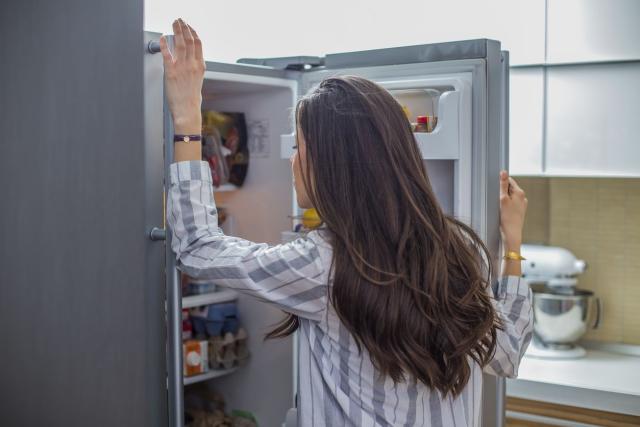Understanding Hunger on Semaglutide: Essential Insights
Semaglutide, the active ingredient in popular medications like Ozempic®, Wegovy®, and Rybelsus®, is known for its ability to reduce appetite and curb food cravings, making it a valuable tool in your weight loss journey.
If you’re still feeling hungry while on semaglutide, don’t worry! It’s normal for the appetite-suppressing effects to take some time to fully manifest. You may also need a higher dose to experience its full benefits. Remember, it’s expected to feel some hunger—just not as much as before.
In this blog post, we’ll delve into why you might still experience hunger while taking semaglutide and offer tips on managing your appetite effectively to stay on track with your weight loss goals.
The Nature of Hunger on Semaglutide
It’s crucial to understand that feeling hungry is a natural bodily response, and semaglutide won’t completely eliminate hunger. While it can help suppress your appetite, you may still notice some hunger, albeit likely less intense than before. Many people find that they feel satisfied more quickly after meals and snacks.
In addition to appetite suppression, semaglutide aids weight loss by slowing gastric emptying. This can help you feel fuller for longer and reduce food cravings. These effects can empower you to make healthier food choices, practice portion control, and lower your daily caloric intake, even if some hunger persists. Grasping this process can keep you motivated on your weight loss journey.
Embracing Your Unique Experience with Semaglutide
Just as no two snowflakes are alike, individual responses to semaglutide vary. The time it takes for the appetite-reducing effects to kick in can differ from person to person, and you may find that some doses work better for you than others. If you’re within your first month or two of treatment, be patient—your body needs time to adjust, and staying committed can lead to the results you desire.
Factors Influencing Your Hunger Levels
While semaglutide is designed to help manage appetite, several lifestyle factors can also influence your hunger:
- Sleep: Insufficient sleep can disrupt hunger hormones, increasing levels of ghrelin (the hunger hormone) and decreasing leptin (the fullness hormone), leading to heightened feelings of hunger.
- Movement: If you’ve increased your physical activity, your body may require more fuel, necessitating more food intake. Focus on nutritious whole foods to meet these energy needs while supporting your weight loss goals.
- Food Choices: The nutritional value of what you eat matters. Processed foods often leave you feeling hungry sooner, while nutrient-dense foods can keep you satisfied longer.
- Dehydration: Thirst can sometimes be mistaken for hunger. Staying well-hydrated can help prevent unnecessary cravings. Drinking water before meals may also reduce appetite.
- Stress: Stress can significantly impact eating habits, leading to comfort eating or cravings for unhealthy foods. Addressing emotional eating can help you better manage your hunger.
Making mindful lifestyle choices can enhance the effectiveness of semaglutide and help you better manage your hunger. Prioritize sleep, stay active, choose nutritious foods, hydrate, and manage stress to support your weight loss journey.
What to Do If You’re Still Hungry on Semaglutide
If you find yourself still feeling hungry while taking Ozempic, Wegovy, or another semaglutide medication, here’s a quick guide:
- Expect Some Hunger: It’s normal to experience hunger while on semaglutide. While the medication can help suppress appetite, it won’t eliminate hunger entirely. You may find that your hunger is less intense, which is a positive sign.
- Consider a Higher Dose: If you haven’t noticed any changes in your appetite yet, be patient. Your body may need more time to adjust, or a higher dose might be necessary to see a difference.
- Manage Hunger Effectively: Focus on consuming nutritious whole foods, particularly those high in protein, stay hydrated, ensure adequate sleep, and manage stress levels. These strategies can help regulate your hunger.
- Connect with Your Healthcare Provider: If you’re struggling with hunger, don’t hesitate to reach out to your healthcare provider. They can help you determine the right semaglutide dose for you and explore alternative weight loss medications or treatment plans if needed.
By staying informed and proactive, you can optimize your experience with semaglutide and work toward achieving your weight loss goals effectively.


